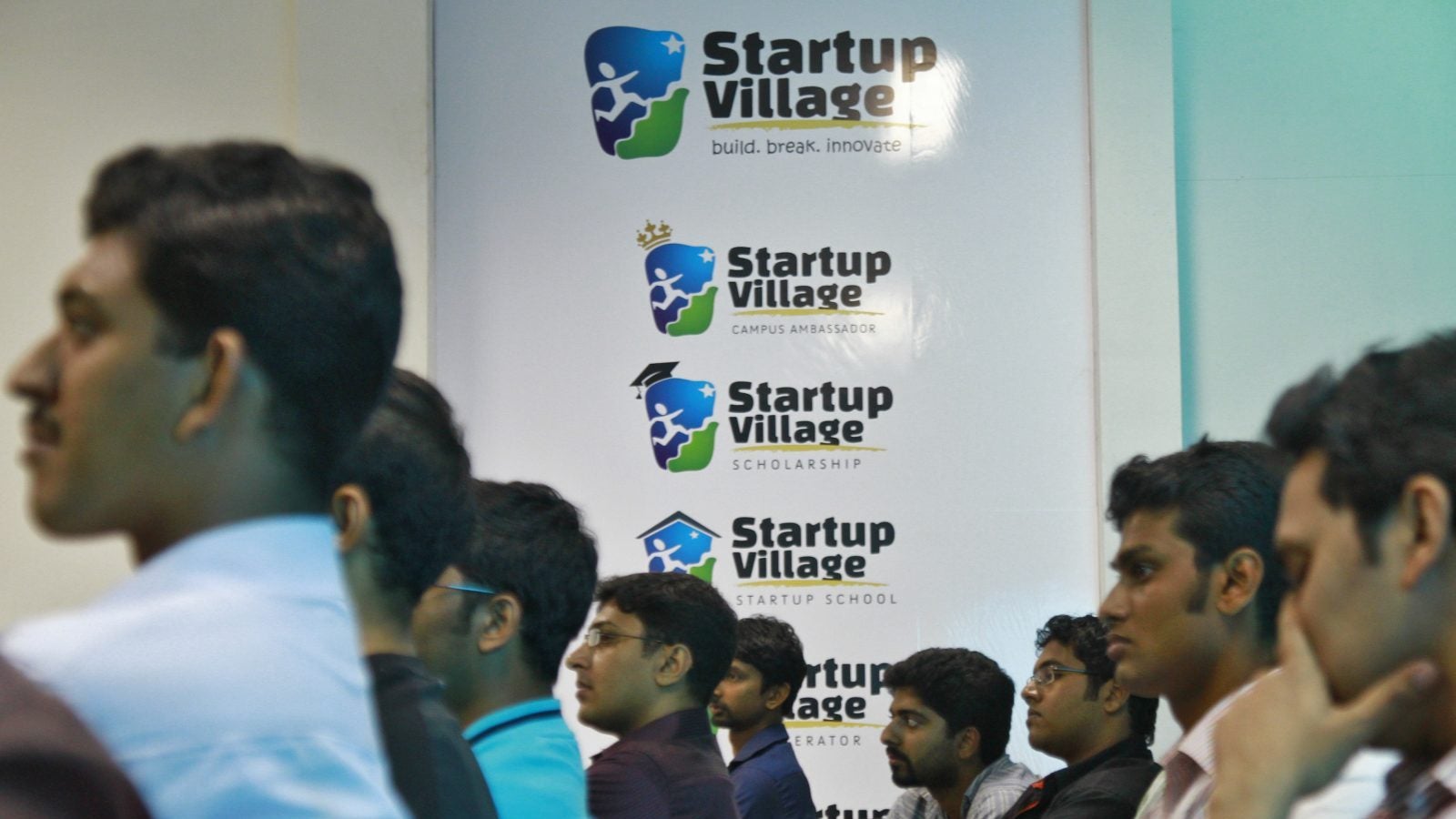Indian startups hope for a trickle-down effect from Jaitley’s budget
While finance minister Arun Jaitley did not grant most of the wishes that the Indian startup community had, budget 2018 is not all bad news for entrepreneurs.


While finance minister Arun Jaitley did not grant most of the wishes that the Indian startup community had, budget 2018 is not all bad news for entrepreneurs.
Technology startups in the country will get several indirect benefits from initiatives like higher spending on healthcare, lower taxes for micro, small and medium enterprises (MSMEs), and the push for rural consumption, experts said.
“Taking the lead from last year, this year’s budget did not have much for the Indian startup sector, (but) it still holds a lot of promise,” said Geetika Dayal, executive director of TiE Delhi-NCR, a non-profit organisation focused on supporting entrepreneurship. “The highlight was the promotion towards infrastructure, healthcare, and agriculture investment.”
From MSMEs to startups
To reduce the tax burden on MSMEs and boost employment generation, Jaitley has extended the benefit of a reduced rate of 25% corporate tax to companies with turnover of up to Rs250 crore ($37.5 million) in financial year 2017. This rule will also apply to startups and go a long way in easing their tax burden.
“With 99% of corporates now being covered under the reduced corporate tax rate of 25%, the finance minister has substantially lived up to the commitment of rationalising corporate tax made in 2015,” said Mitesh Shah, head of finance at ticketing portal BookMyShow.
The move will augment the ease of starting businesses as well as helping existing ones, added Arvind Mediratta, CEO of Metro Wholesale India.
Hybrid investments
To boost investments in startups, Jaitley said, the government will create a separate policy for hybrid investment instruments (a single financial security that combines characteristics of both debt and equity).
Even as investors and industry experts await the fine print, they believe this is positive news.
“Evolving a distinct policy for hybrid instruments, which are suitable to attract foreign investments in several niche areas, will advantage startups and venture capital firms,” India’s IT industry trade body Nasscom said.
Healthcare push
The government intends to roll out a national healthcare scheme that would benefit nearly 40% of India’s population—what Jaitley called the world’s largest government-funded health programme. Given the programme’s scale, there is bound to be a way for Indian startups to gain from it. Healthtech startups, in particular, see this as an opportunity to take their services to a wider consumer base.
“Implementation of the scheme would be central to its success. I believe successful implementation will depend on (the) optimal use of private healthcare providers and technology to make it seamless, convenient, and transparent for consumers. This is a great opportunity for the government to push for digital healthcare,” said Shashank ND, founder and CEO of healthcare technology startup Practo.
AI on the radar
Another area to watch out for is artificial intelligence (AI), considering the government’s plans under the NITI Aayog.
“The global economy is transforming into a digital economy thanks to development of cutting-edge technologies in digital space—machine learning, artificial intelligence, internet of things, 3D printing and the like…NITI Aayog will initiate a national programme to direct our efforts in the area of artificial intelligence, including research and development of its applications,” Jaitley said in his budget speech.
The fact that the government acknowledges the importance of these technologies indicates that some supportive programmes could be in the offing.
“With Niti Aayog using blockchain to legally explore areas such as health, education, and agriculture, it is quite evident that 2018 will see major developments in this sector with startups flooding to take advantage of this lucrative deal,” said Alok Mittal, CEO and co-founder of Indifi Technologies, a startup that helps MSMEs get private funding.